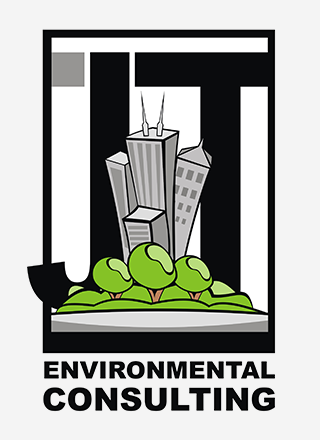February 2014
This food safety compliance training will focus on multiple certifications that are available for food safety and how to choose the right certification to pair with the needs of the organization. It will also provide the high level fundamentals that are needed to be in place in order to safely manufacture, package, and or handle food products to become certified.
Instructor: Jason Teliszczak
Product ID: 703295
Why You Should Attend
Since the Food Safety Modernization Act of 2010 became live in 2011 and the Global Food Safety Initiative (GFSI) began gaining significant ground since 2012, certification is now key to gain and maintain clients as well as ensure compliance. These requirements and mandates push every organization to ensure that they are up to date on their food safety programs. With the associated costs related to oversights and recalls, food safety certification is an important economic aspect of any organization.
This webinar is designed for food manufacturers, packagers and handlers and is focused towards helping both domestic and foreign entities in ensuring compliance with pertinent regulations through gaining certification. This session will cover and touch the numerous different standards within the global marketplace: IFS PACsecure, Global Aquaculture Alliance Seafood Processing Standard, GLOBALG.A.P., Integrated Farm Assurance Scheme, ISO 22000, FSSC 22000, Global Red Meat Standard (GRMS), CanadaGAP, SQF Code, BRC Global Standard for Food Safety, IFS Food Standard, etc.
This webinar will also cover a broad range of documentation for: production types, facilities, and the transportation of goods. It will highlight the geographical and legislative aspects of the certifications as to why they may be needed and/or their overall benefits.
Areas Covered in the Webinar:
- Brief overview of the Food Safety Modernization Act (FSMA), highlighting how certifications can ensure compliance.
- Overview of the requirements spelled out by the Global Food Safety Initiative (GFSI) and what certifications meet the guidelines.
- What certification is appropriate for different food industry sectors?
- What certifications are needed based on geographical location?
- What FDA expects from manufacturers and handlers?
- What standards are being pushed by the food industry itself to ensure proper food safety through the entire production chain?
- Keeping recalls to a minimum for less negative exposure within the market place as well as consumer ratings.
Who Will Benefit
Food manufacturers and facilities responsible for creating, packaging, and or handling food products will benefit from this training.
- Regulatory affairs
- Processors, packers, and or handlers of food products
- Infrastructure
- Documentation
- Food technologists
- Food safety
- Food inspectors
- Marketing
- QA/ QC
Instructor Profile
Mr. Jason Teliszczak, is an entrepreneur with a passion for ensuring safety through proper food processes and strengthening security for organizations to make the world a more secure place. After earning a B.S. in Environmental academia and to ensure his vision would not be put to waste, he built his own successful consulting firm, JT Environmental Consulting, and has quickly become an expert within the Food Safety and Food Defense industries. With more than a decade of consulting experience, Mr. Teliszczak assists his clients in setting targets and achieving goals.Organizations throughout the world, from large corporations within the US to companies and non-for-profits with under 25 employees, utilize Mr. Teliszczak’s expertise & knowledge to perform compliance audits, internal audits, and to become certified to many different standards.
He continues to streamline growth within the industry through working closely with Registrars, and by updating, incorporating and strengthening new standards. He currently sits on numerous committees within organizations such as ASIS and NSF to develop standards for auditing, supply chain risk management and security officers. He continues to stay focused on the ever changing industry by being certified as a CPP, a HACCP Manager, and holds many other certifications.









